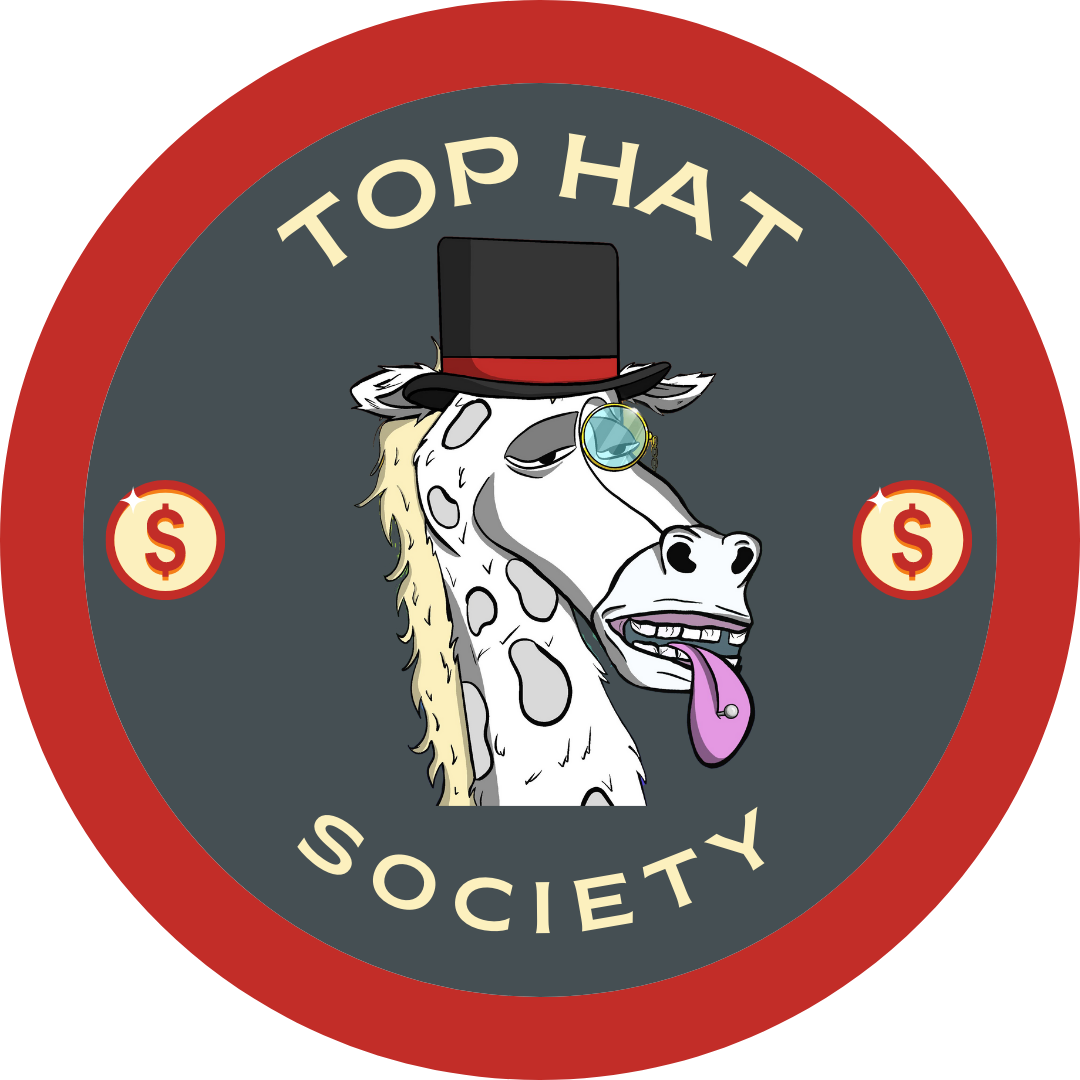In an era where traditional centralized systems often leave individuals feeling like mere cogs in a machine, decentralized platforms are emerging as champions of empowerment and community building. The beauty of these systems lies in their ability to offer users control and ownership, fostering a radical shift in how we engage with one another. By utilizing blockchain technology, decentralized platforms help create strong, self-sustaining communities where everyone has a voice. Let’s dive into the myriad of ways these innovative platforms are reshaping our social landscapes.
Empowerment Through Ownership: The Core Principle of Decentralized Platforms
At the heart of decentralized platforms is the principle of ownership. Unlike their centralized counterparts, where a handful of entities control user data and interactions, decentralized platforms distribute power among all participants. This decentralization provides greater autonomy, sparking a newfound interest in community-building initiatives.
- User Data Control: Users maintain ownership of their data, deciding when, how, and with whom to share it.
- Financial Incentives: Many decentralized platforms reward users for their contributions, making participation more appealing.
- Transparency: With decentralized governance structures, decisions are made collectively, promoting trust among community members.
For instance, platforms like Mastodon enable users to create their social networks where they control their data and content. This not only encourages individual creativity but also strengthens community ties as users co-create their online experiences. According to a recent survey, 64% of users felt more connected to their communities after joining decentralized platforms.
Fostering Collaboration and Innovation
Decentralized platforms are not just about ownership; they also create a fertile ground for collaboration. When individuals come together, the innovative ideas that can emerge are limitless. Here’s how decentralized platforms encourage this dynamic:
- Collective Problem Solving: Users can join forces to tackle issues that affect their communities or interests.
- Crowdsourced Knowledge: Knowledge sharing becomes seamless as users contribute their unique insights and skill sets.
- Access to Resources: Community members can pool resources, be it funds or materials, to support joint initiatives.
Take Solana, for instance. It has nurtured a thriving community of developers, artists, and innovators who create decentralized applications (dApps) that address real-world problems. From financial services to new ways of storytelling, Solana stands as a testament to the power of collaboration in decentralized ecosystems.
Transforming Governance with Decentralized Platforms
Governance on decentralized platforms represents a novel approach to decision-making. Instead of a top-down strategy dictated by a small group, decentralized governance invites all members to participate in shaping the rules and direction of the community. Here are some impactful aspects:
- Voting Systems: Users are given a voice through voting mechanisms on decisions like funding allocation or platform features.
- Community Proposals: Members can propose changes, creating a sense of collective agency.
- Accountability: Transparent processes ensure that everyone is held accountable for their decisions, fostering trust within the community.
By empowering users to take charge of governance, decentralized platforms cultivate a culture of responsibility and active participation.
Building Resilience Through Inclusivity
Inclusivity is another cornerstone of strong communities nurtured through decentralized platforms. These systems often welcome users from diverse backgrounds, fostering a rich tapestry of ideas and experiences that can lead to groundbreaking change.
- Diverse User Base: Decentralized platforms attract individuals from various demographics, contributing to a wider range of perspectives.
- Accessibility: Many decentralized platforms offer low barriers to entry, enabling more people to engage and contribute.
- Support Systems: Communities often form around shared challenges, offering peer support that might be absent in traditional environments.
Consider the platform MagicEden, which empowers artists and creators around the world to showcase their work as NFTs (non-fungible tokens). This inclusivity allows talented individuals who may not have had access to traditional art markets to thrive and connect with like-minded peers, reinforcing the importance of diversity in creative communities.
Conclusion: A Future Built Together
The emergence of decentralized platforms heralds a new age of community building, one where users are not just passive participants but active architects of their environments. By leveraging ownership, collaboration, innovative governance, and inclusivity, these platforms empower individuals to create robust, meaningful connections that can withstand the test of time.
In a world that increasingly demands direct engagement and accountability, decentralized platforms shine as beacons of opportunity. So next time you find yourself yearning for a stronger community connection, consider diving into the decentralized ecosystem and carving out your piece of the future! Remember, the power is in your hands—figuratively and literally!


